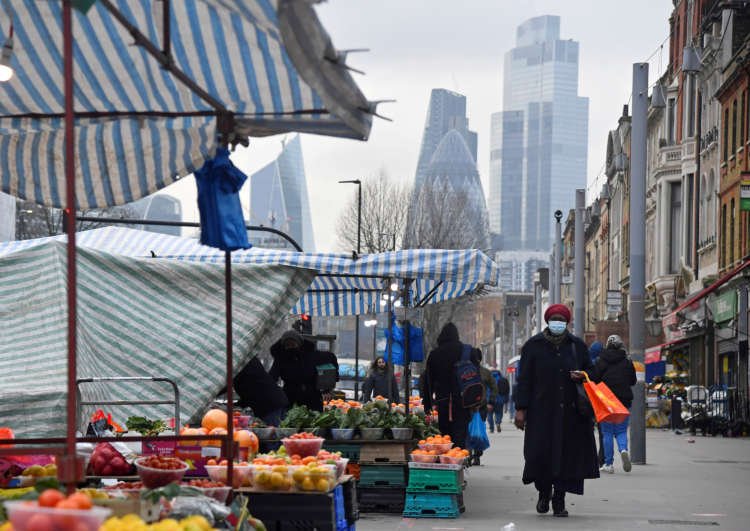Top Stories
Lockdown hits UK GDP less than feared, but Brexit pummels trade
Published by linker 5
Posted on March 12, 2021
1 min readLast updated: January 21, 2026

Published by linker 5
Posted on March 12, 2021
1 min readLast updated: January 21, 2026

Explore more articles in the Top Stories category











